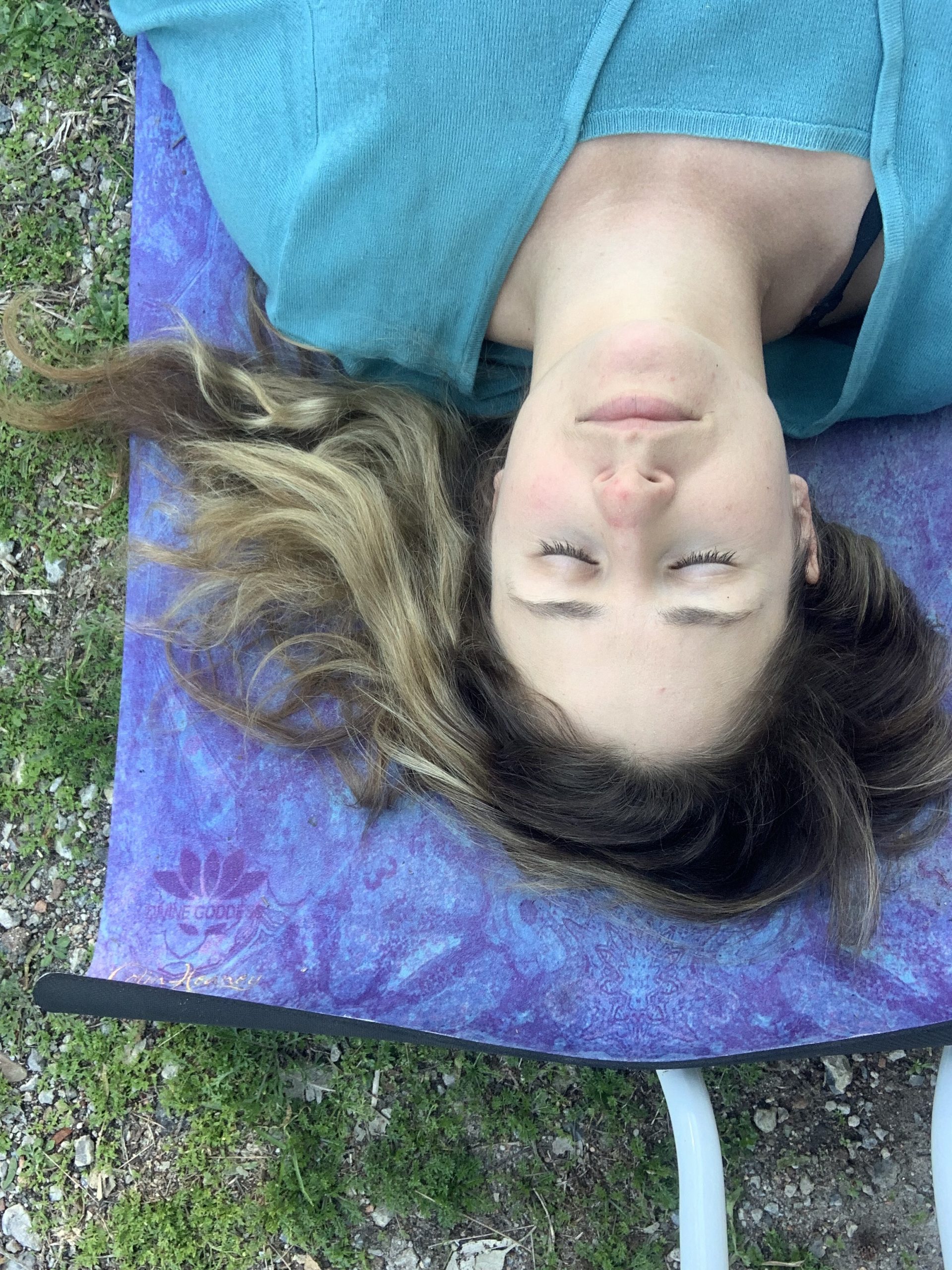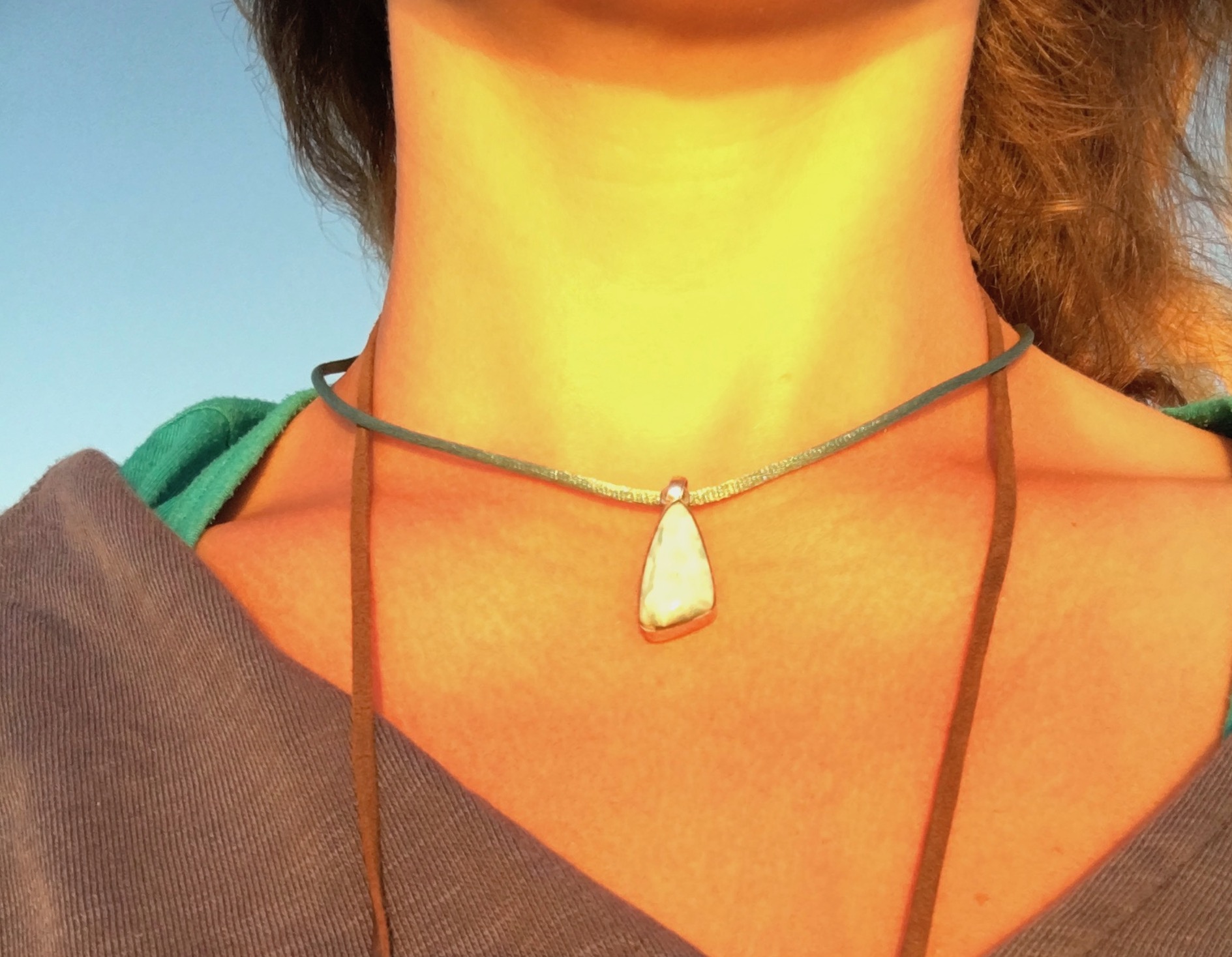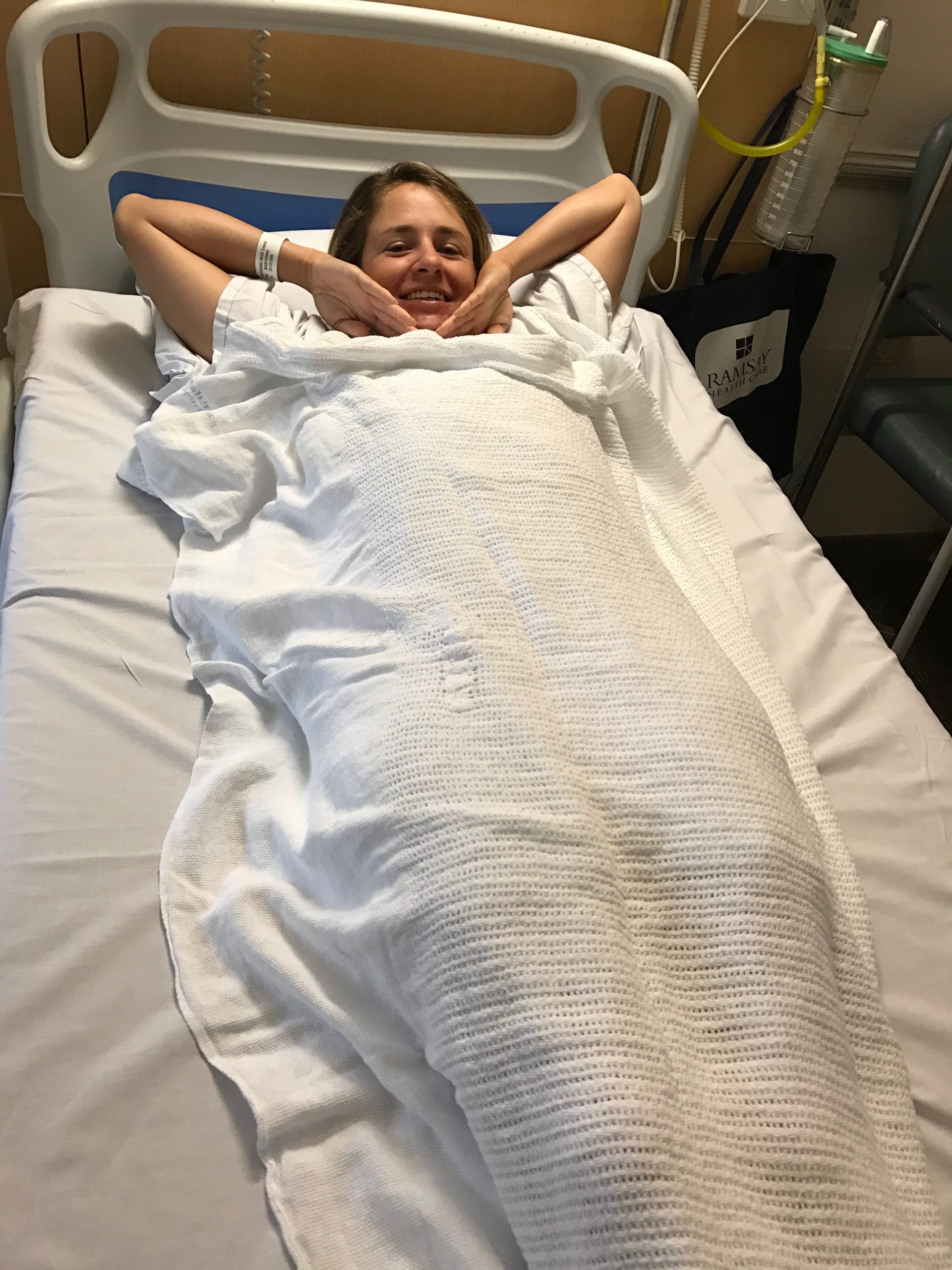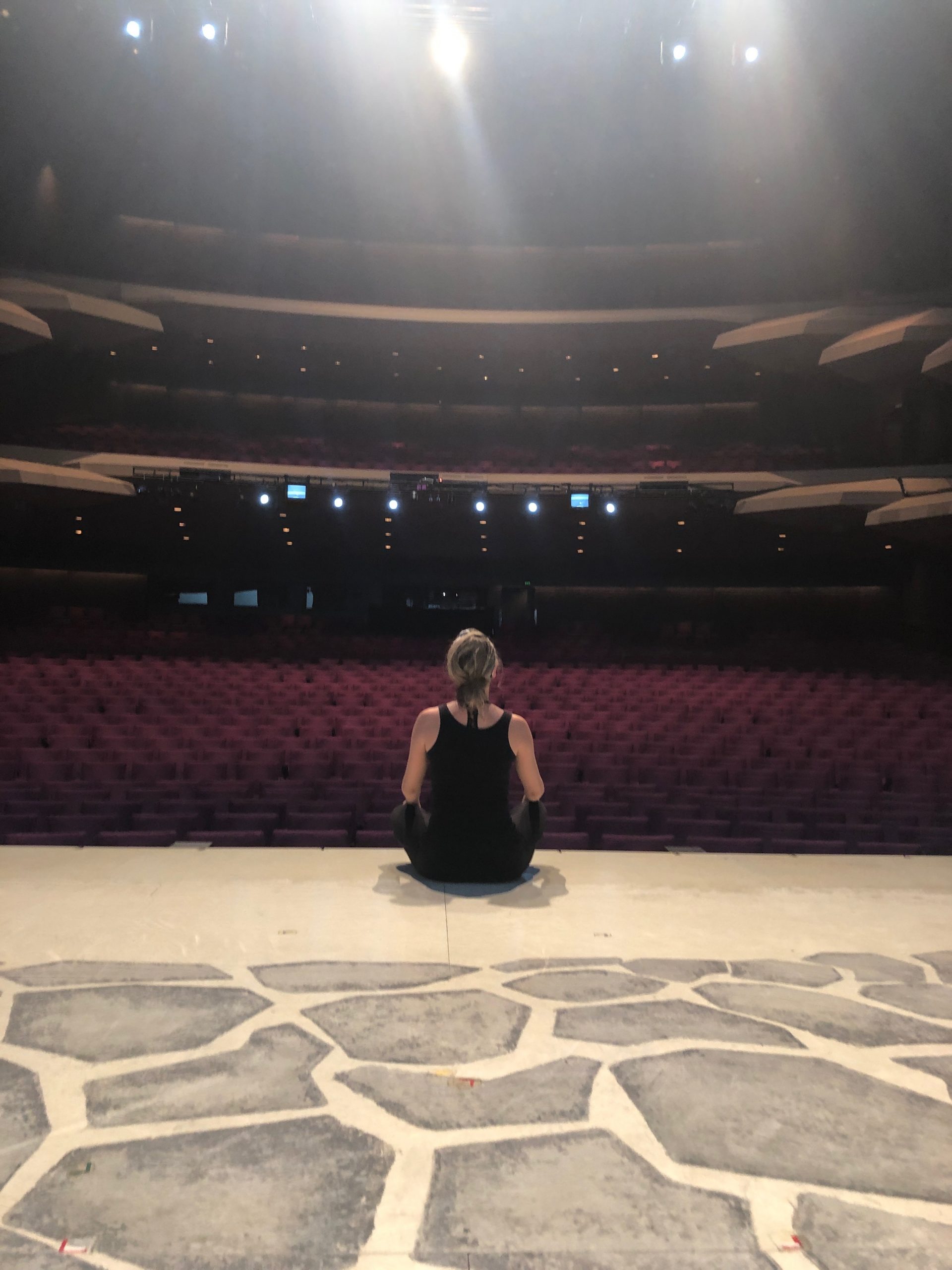Let’s dispel the shame around vocal injuries
In 2017 I suffered from a vocal haemorrhage. At the time I thought my career was over, I had only heard of horror stories. Yet going through this injury, receiving surgery, and bouncing back from it, I learnt that a vocal injury is nothing to be ashamed of. In fact, over half the population has a vocal injury as we speak. So let’s dispel the shame around vocal injuries. Vocal injuries are no different to any other physical injury.
MY STORY
After a week jam-packed with rehearsals, gigs, auditions, and teaching I was out with some close friends having a glass of wine with dinner when my voice went. I hadn’t been feeling well that day but had pushed through a rehearsal and audition. So as I lost my voice, I figured I was coming down with laryngitis. The next day I had a jam packed day of teaching all over Sydney. Not knowing how could I possibly get out of so much teaching at last minute, I decided to push on. I went to each and every class with little more than a whisper.
The next week I still had no voice but put it down to a bad case of laryngitis. A week after that I started to become concerned but even my singing teacher put it down to a bad case of laryngitis. The third week, I was still struggling and my voice was getting worse. My voice would tire after 5 minutes of conversation and there were huge holes in my vocal range. As I tried to prep for an audition, I remember only air coming out for most notes. I rang my agent in tears as I cancelled. I literally had no voice, how could I possibly partake in an audition? By this time my singing teacher also agreed, there was definitely something wrong and I needed to go get checked. All I had ever heard were horror stories about vocal injuries so I thought the worst!


THE DIAGNOSIS
When I went to see the ENT, I was diagnosed with a vocal haemorrhage with a large polyp that had formed over it as a consequence of continuing to use my voice. I was ready for the worst, however my doctor was very chilled and laidback about it. He said it was nothing to fear and that vocal haemorrhages were incredibly common and usually quite easy to fix. Rather than going into surgery straight away, he suggested I take 6 weeks of talking softly and doing speech therapy to see if it would naturally heal itself. So, with a heavy heart I rang my employers and agents and got out of work for the next 6 weeks. Instead of feeling sorry for myself and sitting around Sydney I decided to go travelling.
I decided I would return to do the Camino De Santiago (read about my journey here). Every day I did my prescribed vocal exercises and kept my voice relatively quiet. I had an amazing adventure and made many new friends. Upon the sixth week I returned to Sydney to have a check up. Fortunately the polyp which had been surrounding the haemorrhage had subsided however, the underlying haemorrhage still existed. I had two options. Firstly, I could continue singing and hope the polyp would not return, or I could opt for laser surgery to remove the haemorrhage entirely. Being close to starting another year long contract I opted for surgery.
SURGERY
The surgery was only a day surgery however I was quite nervous. Although there was a high chance of full recovery, there is always a risk with such detailed surgery that there can be complications. The operation was a success and there was a 7 day period where I had to be completely silent whilst the vocal folds were healing. Anyone who knows me knows this was a challenge – to be quiet for 7 days! After this I continued some speech therapy sessions and looked at ways we could reduce the risk of a future problem.
UNDERLYING CAUSES
There are many ways a haemorrhage can occur. Although most people would consider it to be poor vocal technique, it can be a variety of things that can cause a vocal fold to bleed. There is a common belief that improper singing technique is the main cause, however there are many other causes including overuse, sickness, a cough, reflux, food, yelling, alcohol, screaming. Although I am not sure of the exact cause, I am sure it was a combination of many of these.

STOP “PUSHING THROUGH”
I am a professional singer and have been training in a variety of techniques for the past 17 years. I have been touring professionally in musicals throughout Australia for the past 15 years. I have been teaching dance and other forms of exercise during this time as well. As a performer we are often taught that “the show must go on”, so we push through. For many years I would “push through” a performance or teaching session no matter how unwell I was. It is important to recognise when we are fatigued and/or unwell and take care of ourselves before we injure ourselves. Our vocal health is just as important as our physical health. When we roll our ankle, we stop and take action. Just because a vocal injury cannot be seen from the outside does not mean it its not as important to heal.
WHAT I HAVE LEARNT
When I was first told I had a vocal injury, I thought the worst. Even taking out the fact that I was a professional singer, I was terrified. Being able to communicate freely and express myself vocally was and still is so important to me. Yet, through the professionalism and relaxed nature of my ENT, I actually came out of this feeling more empowered. I understood how delicate and yet incredibly strong the vocal mechanism is. I learnt that vocal injuries are incredibly common amongst so may people. I learnt that you can return from a vocal injury and continue a career in performance. I learnt ways of keeping my vocal health in check. I learnt that it is better to rest than push in trying times. And most importantly I learnt that a vocal injury is nothing to feel ashamed of. A vocal injury can happen to anyone.
MOVING FORWARD
The day I was given the all good to return to singing, I went to my singing teacher for a lesson. Being experienced in the rehabilitation of voices, he also knew the psychological effects of returning to singing after an injury. As we began the lesson, I started singing so softly. I was terrified I might re-injure myself. Yet with gentle encouragement I started to get more and more confident and the fear started to disappear. After we had done a proficient warm up he asked, “what do you want to sing?” Automatically I said “Elphaba” from Wicked.
Although I knew this show very well, I had never sang this material in my life. For some reason I felt this is where I needed to begin. I needed to dive in and face my fear of singing confidently again. As I began, a new empowered sound starting soaring out of mouth. I felt so alive and connected and emotional. By the end of the first song both me and my singing teacher were in tears. What a journey it had been, and here I was singing Elphaba material for the first time in my life!

Although I would never wish a vocal injury upon anyone, I want to try and dispel some of the fear and shame tied up with this. Vocal injuries are common, vocal injuries can and will happen. Just as you would take some time off for an external physical injury, time is needed to heal. There is no shame in a vocal injury. A vocal injury may make you feel more empowered as you recognise the true value of your voice and have a deeper connection with it.
Peace.
Love.
Namaste.
Emma